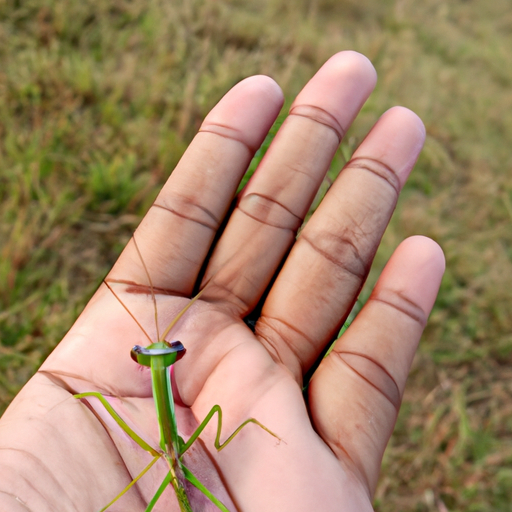 Introduction:
Introduction:
Animal care is an essential aspect of responsible pet ownership. It encompasses a wide range of practices, from providing proper nutrition and veterinary care to ensuring a safe and stimulating environment. This article aims to offer a detailed and comprehensive guide to animal care, covering various species and providing valuable insights into their specific needs. By following these guidelines, pet owners can ensure their furry friends lead happy, healthy, and fulfilling lives.
1. Understanding Basic Needs:
To provide optimal care for animals, it is crucial to understand their basic needs. These needs are shared by most species and include:
1.1 Nutrition:
Proper nutrition plays a vital role in maintaining the overall health and well-being of animals. Each species has specific dietary requirements, and it is essential to provide a balanced diet that meets these needs. Consultation with a veterinarian can help determine the appropriate diet for your pet.
1.2 Hydration:
Access to fresh and clean water is essential for all animals. Ensure that your pet has a constant supply of water, and regularly clean and refill their water bowls. Some species may require additional hydration, such as misting or bathing for reptiles.
1.3 Shelter and Comfort:
Animals need a safe and comfortable space to rest, sleep, and retreat. Provide appropriate shelter that is well-ventilated, insulated, and free from drafts. Bedding materials should be suitable for the species, offering warmth and comfort.
1.4 Exercise and Enrichment:
Physical activity is crucial for maintaining the physical and mental health of animals. Provide ample opportunities for exercise and mental stimulation through playtime, interactive toys, and environmental enrichment. This helps prevent boredom and promotes natural behaviors.
2. Veterinary Care:
Regular veterinary care is essential for the well-being of animals. It involves preventive measures, such as vaccinations, parasite control, and routine check-ups, as well as prompt medical attention for any illness or injury. Ensure that your pet receives regular veterinary examinations, vaccinations, and necessary treatments.
2.1 Vaccinations:
Vaccinations protect animals from various infectious diseases. Consult with your veterinarian to determine the appropriate vaccination schedule for your pet, based on their species, age, and lifestyle.
2.2 Parasite Control:
Parasites, such as fleas, ticks, and worms, can have detrimental effects on an animal’s health. Regular preventive treatments, as recommended by your veterinarian, can help protect your pet from these parasites.
2.3 Spaying and Neutering:
Spaying and neutering not only prevent unwanted litters but also offer numerous health benefits for animals. Consult with your veterinarian about the appropriate age and timing for spaying or neutering your pet.
2.4 Dental Care:
Oral health is often overlooked in animal care. Dental disease can lead to pain, infection, and other systemic issues. Regular brushing, dental chews, and professional cleanings, as recommended by your veterinarian, are crucial for maintaining good dental hygiene.
3. Species-Specific Care:
Different species have specific care requirements that need to be addressed for their optimal well-being. Below are some key considerations for various popular pet species:
3.1 Dogs:
– Regular exercise and mental stimulation are essential for dogs.
– Provide a balanced diet appropriate for their age, breed, and size.
– Training and socialization are crucial for their behavioral development.
– Regular grooming, including brushing, nail trimming, and ear cleaning, is necessary.
3.2 Cats:
– Provide a balanced diet suitable for their age and specific dietary needs.
– Offer a litter box that is clean, easily accessible, and in a quiet location.
– Provide scratching posts and toys to satisfy their natural instincts.
– Regular grooming, including brushing and nail trimming, helps maintain their coat and overall hygiene.
3.3 Birds:
– Provide a spacious cage or aviary with appropriate perches and toys.
– Offer a varied diet consisting of seeds, fruits, vegetables, and formulated pellets.
– Social interaction and mental stimulation are crucial for their well-being.
– Regular wing and nail trimming may be necessary.
3.4 Reptiles:
– Provide an appropriate enclosure with proper heating, lighting, and humidity levels.
– Research and provide a specific diet for the species, including live or frozen prey.
– Regular monitoring of temperature and humidity levels is essential.
– Consult with a reptile veterinarian for species-specific care guidelines.
Conclusion:
Animal care is a multifaceted responsibility that requires dedication, knowledge, and a genuine love for animals. By understanding their basic needs, providing regular veterinary care, and addressing species-specific requirements, pet owners can ensure the well-being and happiness of their beloved companions. Remember, animals rely on us entirely for their care and depend on our commitment to providing them with the best possible life.
